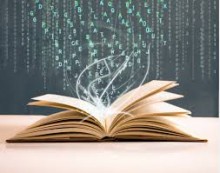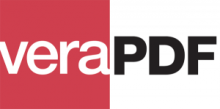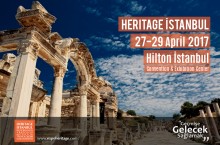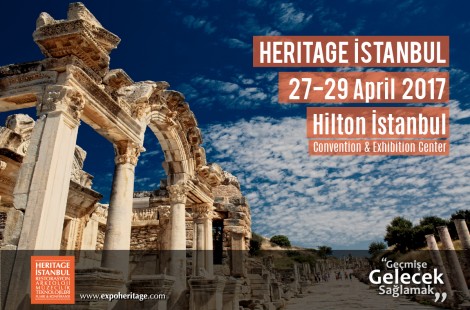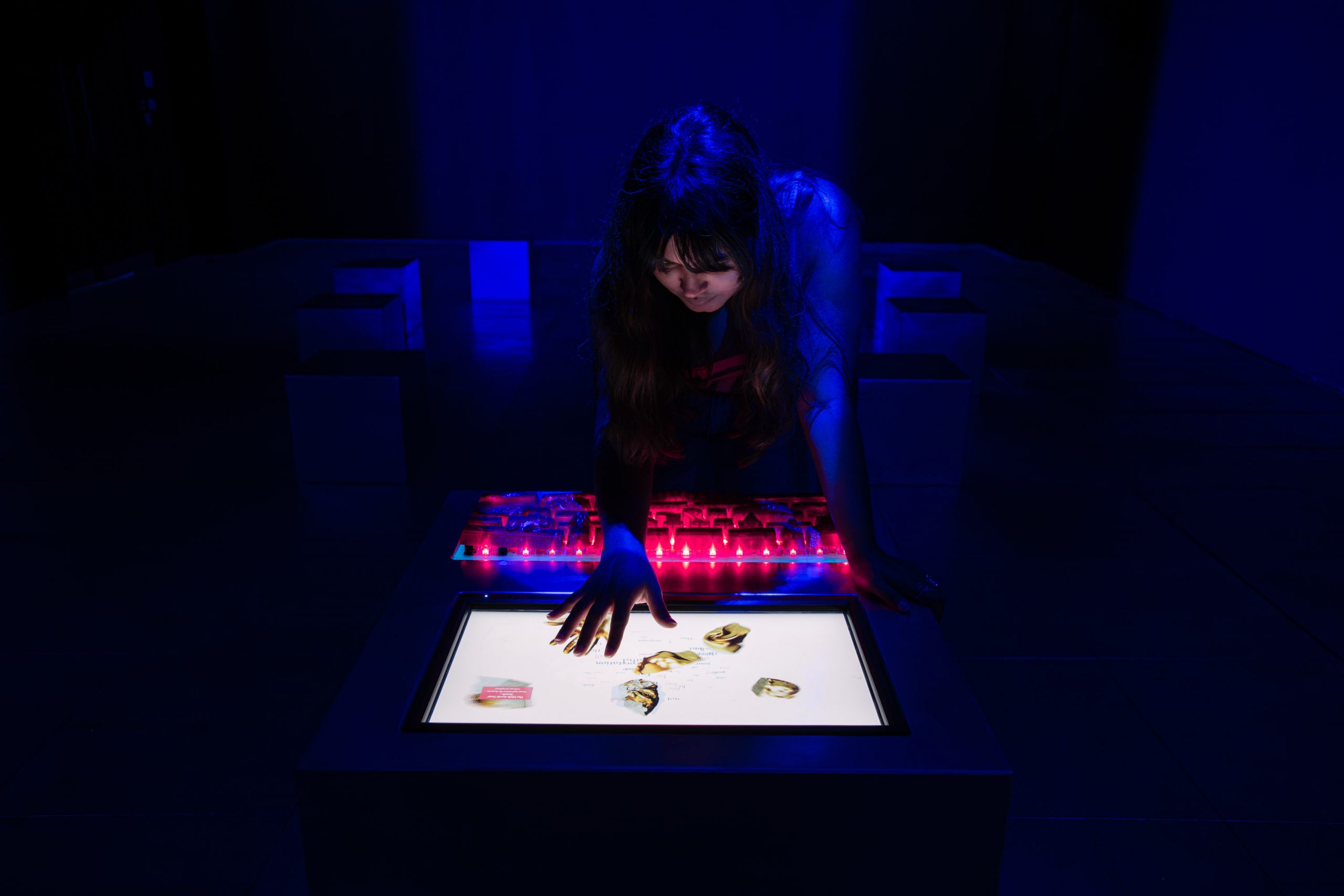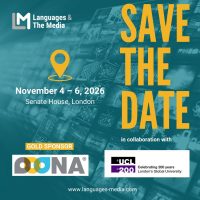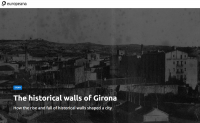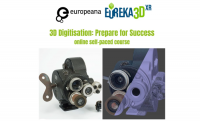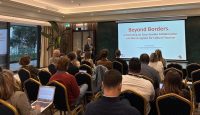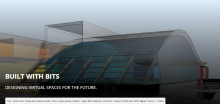Part of the 11th International Conference on Metadata and Semantics Research (MTSR 2017), November 28th – December 1st 2017, Tallinn, Estonia
Submission deadline: July 10th, 2017
Proceedings will be published in Springer CCIS series
AIM AND SCOPE
Cultural Heritage collections are essential knowledge infrastructures that provide a solid representation of the historical background of human communities. These knowledge infrastructures are constructed from and integrate cultural information derived from diverse memory institutions, mainly libraries, archives and museums. Each individual community has spent a lot of effort in order to develop, support and promote its own metadata as tools for the description and dissemination of cultural information, mainly related to its particular resources and use.
The management of the cultural information has to deal with challenges related to (i) metadata modeling, specification, standardization, extraction, evaluation, mapping, integration and effective use, (ii) knowledge representation as conceptualization to provide the context for unambiguously interpreting metadata, and (iii) information integration from different contexts for the provision of integrated access and advanced services to the users.
At the same time, there are also inter-domain efforts targeted to semantically align data (research data, educational data, public sector information etc.) to cultural information. New challenges are also emerged from the need to incorporate cultural information into the new publication paradigms, where a variety of resources (data, metadata, processes, results, etc) are linked and integrated, providing better shareability and reusability. Currently, Linked (Open) Data, as part of the Semantic Web Technology, is having a major role in modernizing cultural heritage collections. Providing to users the possibility to re-use and integrate data into their own systems is currently more than a need, given that transparency and access to information is a prerequisite. It is also important to note that in the Semantic Web environment there are many opportunities but many challenges as well, while its’ complete and accurate establishment in Cultural Heritage institutions needs still a long way to go.
The aim of this Special Track is to maintain a dialogue where researchers and practitioners working on all the aspects of the cultural information will come together and exchange ideas about open issues at all stages of the cultural heritage information life cycle. The track also welcomes works related to semantics and applications for new approaches to cultural information publication and sharing, as well as to interlinking to other datasets published in the Semantic Web universe.
TOPICS
The papers in this special track should be original and of high quality, addressing issues in areas such as:
- Cultural Heritage metadata models and standards
- Ontologies and knowledge representation for the Cultural Heritage domain
- Automated metadata extraction
- Cultural Heritage integration
- Extraction of semantics, entities, and patterns from Cultural Heritage collections
- Collection and item level models and metadata
- Linked open data approaches for the Cultural Heritage domain
- Composite content-discovery and management of components and interrelationships
- Publication, linking and citation of Cultural Heritage information and resources
- Large volume content management
- 3D models-indexing, storage and retrieval approaches
- Federation of repositories/data infrastructures
- Integration of intra or inter disciplinary heterogeneous resources
- Infrastructures for sharing content
- Digital Curation workflows and models
- Provenance and preservation metadata for Cultural Heritage digital objects
- Metadata quality metrics
- Case studies
SUBMISSION GUIDELINES
Authors can submit either full papers (12 pages) or short papers (6 pages). Submitted papers have to follow the LNCS proceedings formatting style and guidelines.
The submitted papers will undergo the same peer review as the submissions for MTSR 2017 and accepted contributions will be published in the MTSR 2017 proceedings (Springer CCIS series). Authors of accepted papers will be asked to register to the Conference and present their work.
Authors of the best papers will be invited to submit extended and revised versions of their papers for possible publication in selected international journals, including the International Journal of Metadata, Semantics and Ontologies (Inderscience), and Program (Emerald). More information on submission can be found at the MTSR 2017 call for papers web page.
IMPORTANT DATES
June 15th, 2017: Submission deadline
July 25th, 2017: Notification of Acceptance/rejection
August 20th, 2017: Camera-ready papers due
November 28th – December 1st, 2017: Conference at University in Tallinn, Estonia
SPECIAL TRACK CHAIRS
Michalis Sfakakis, Dept. Archives, Library Science and Museology, Ionian University, Corfu, Greece (sfakakis@ionio.gr)
Lina Bountouri, Dept. Archives, Library Science and Museology, Ionian University, Corfu, Greece and EU Publications Office, Luxembourg (boudouri@ionio.gr)

More info on the conference: http://www.mtsr-conf.org/




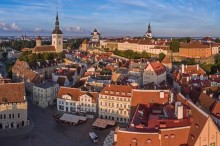

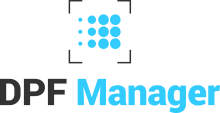

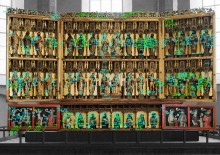
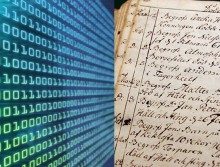
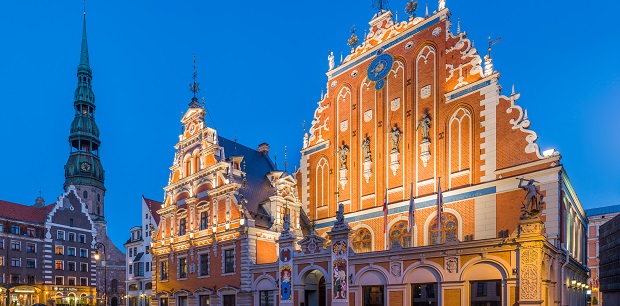
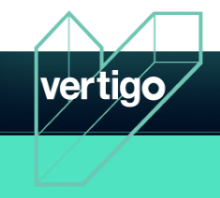
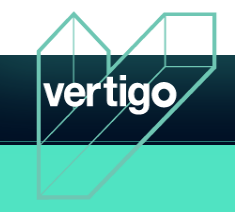 VERTIGO is a program which organizes 45 artistic residencies over a 3-year period in order to create new synergies between artistic communities, cultural institutions and innovation stakeholders.
VERTIGO is a program which organizes 45 artistic residencies over a 3-year period in order to create new synergies between artistic communities, cultural institutions and innovation stakeholders.